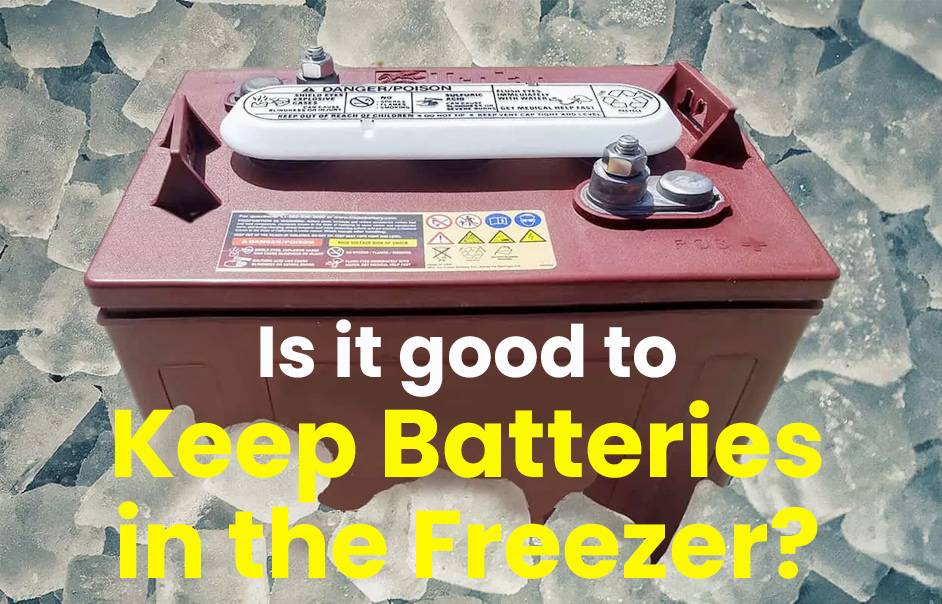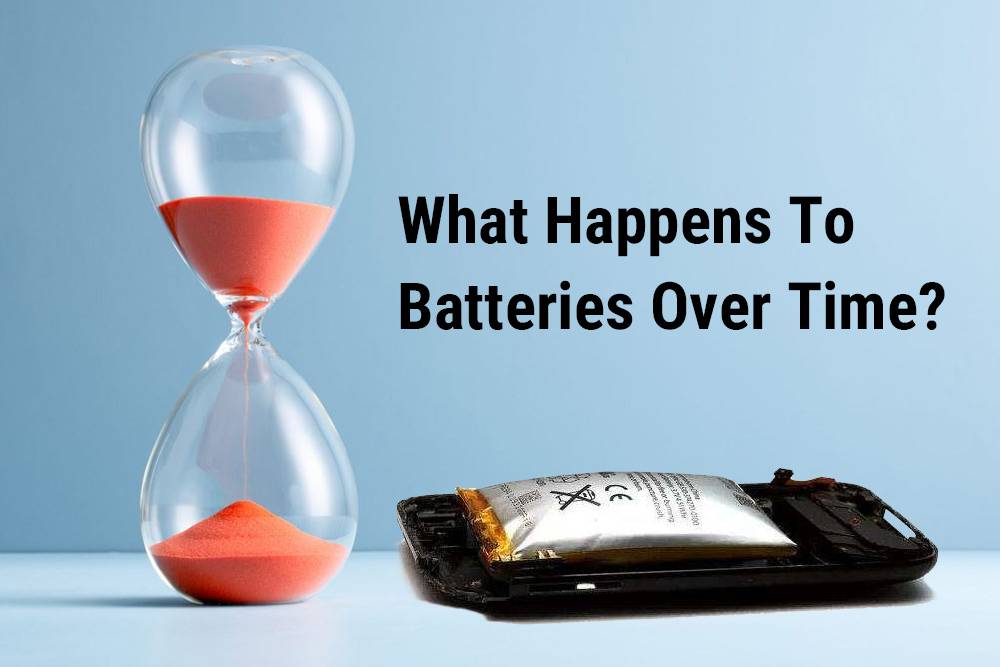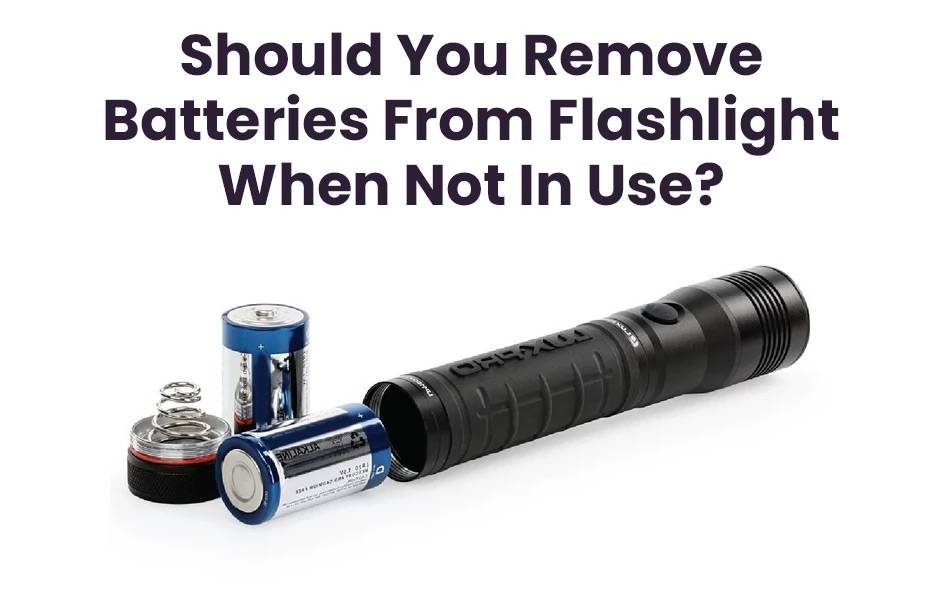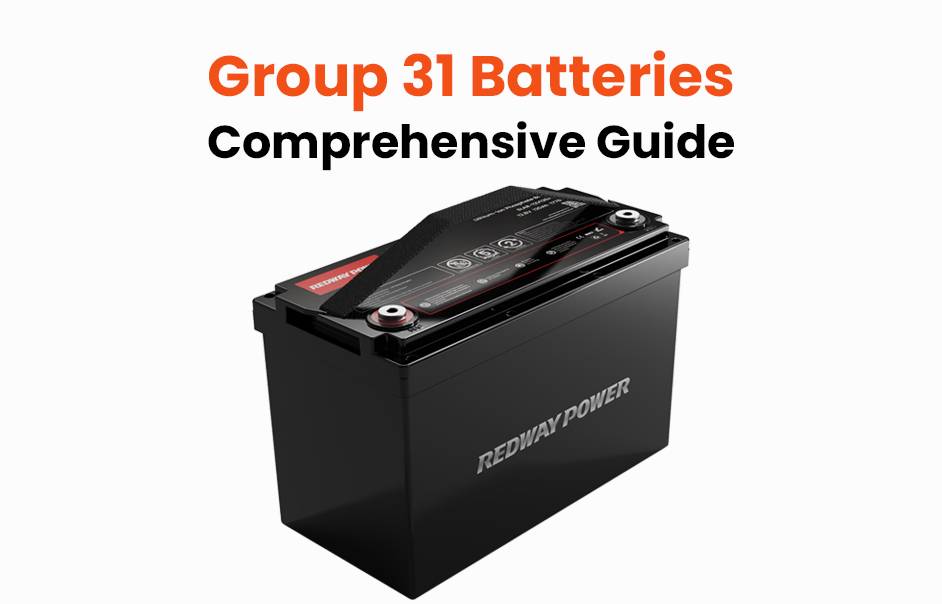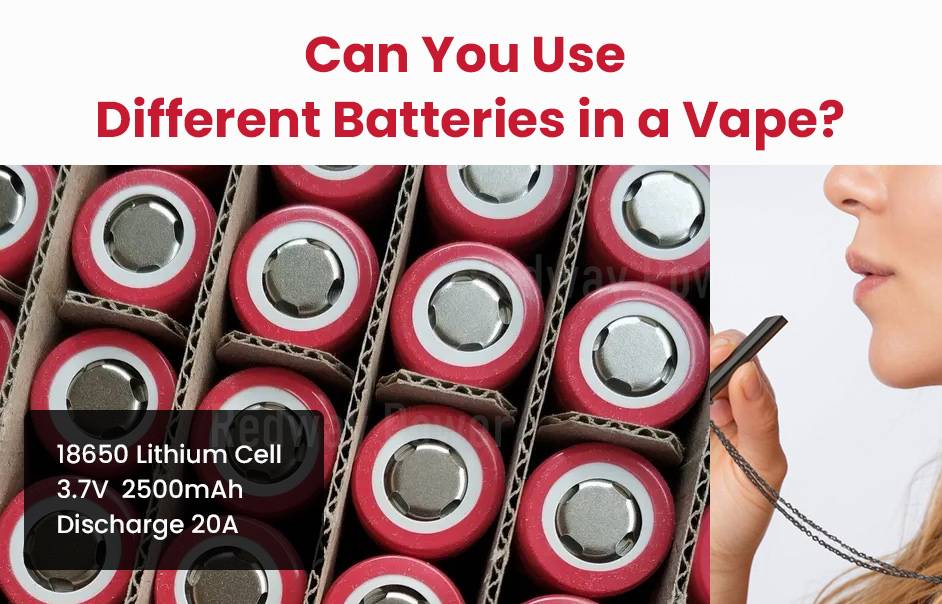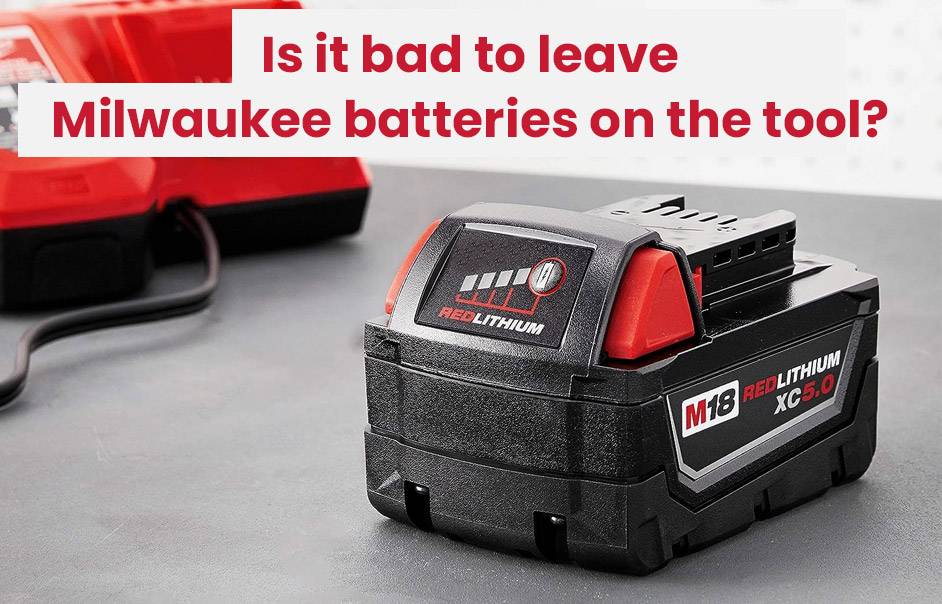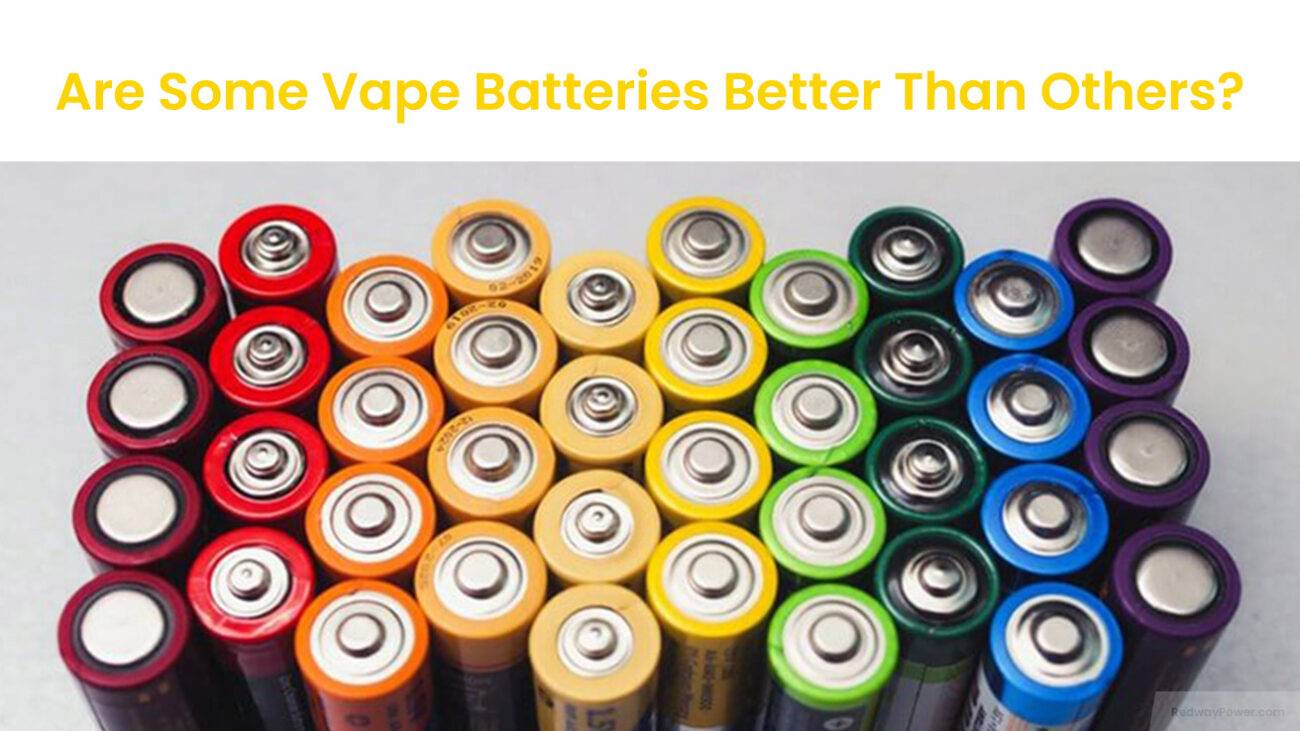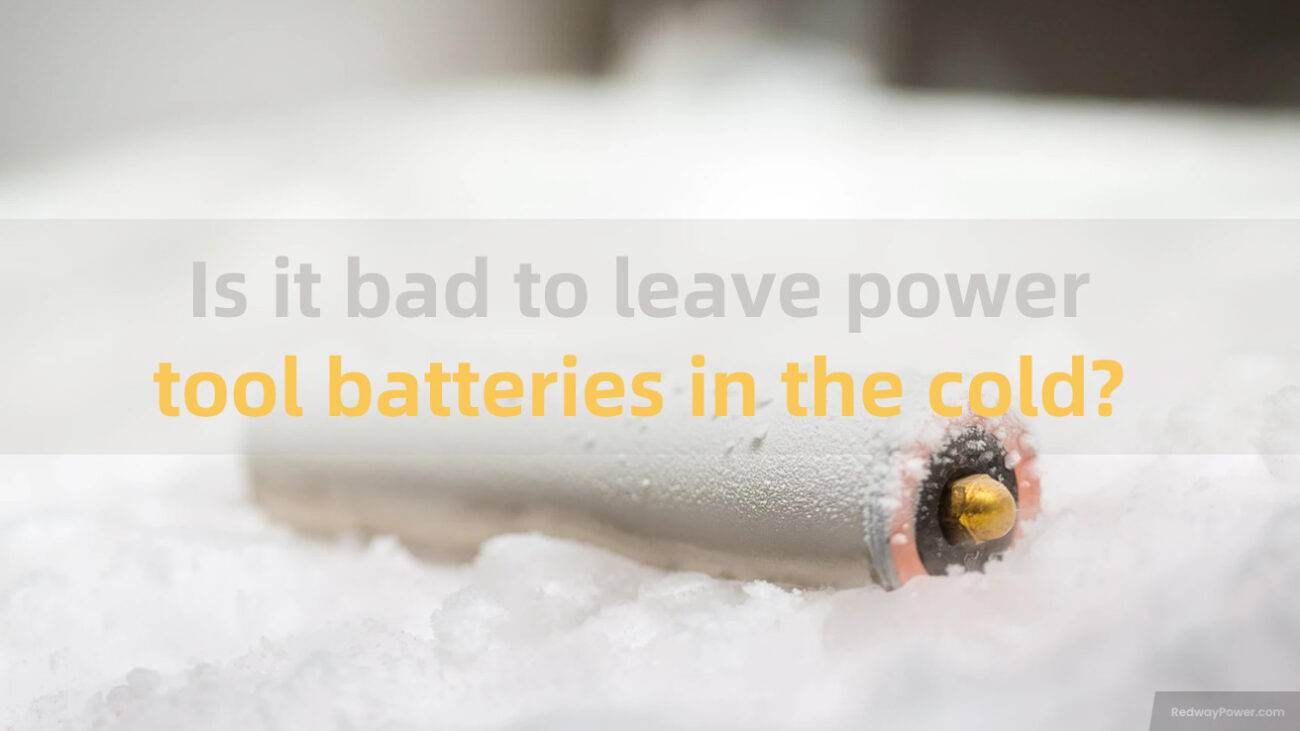Welcome to the battery storage realm! For tech lovers and gadget enthusiasts, proper battery storage is essential. The debate on freezing batteries for extended life adds confusion. This guide delves into the myths surrounding freezing batteries and sheds light on the facts. Understand the importance of proper battery storage, considering factors like temperature and humidity, to ensure optimal performance. Let’s debunk freezing myths and explore effective ways to keep your batteries ready for action!
Myths and misconceptions about storing batteries in the freezer
There are numerous myths about storing batteries in the freezer, with claims of extended lifespan and improved performance. Let’s debunk these misconceptions.
- Preventing Leaks or Corrosion: Myth: Freezing batteries prevents leaks and corrosion. Fact: Extreme temperatures can harm battery performance, but freezing them may cause more harm than good, leading to leaks and damage.
- Recharging and Restoring Power: Myth: Freezing batteries can recharge and restore lost power. Fact: Batteries have specific structures, and freezing cannot reverse degradation or power loss; it’s a false notion.
- Preserving Charge for Alkaline Batteries: Myth: Freezing alkaline batteries preserves their charge longer. Fact: Modern alkaline batteries are designed to retain charge at room temperature; freezing is unnecessary and may harm them.
In conclusion, it’s crucial to dispel these myths as freezing batteries can often lead to more harm than benefit.
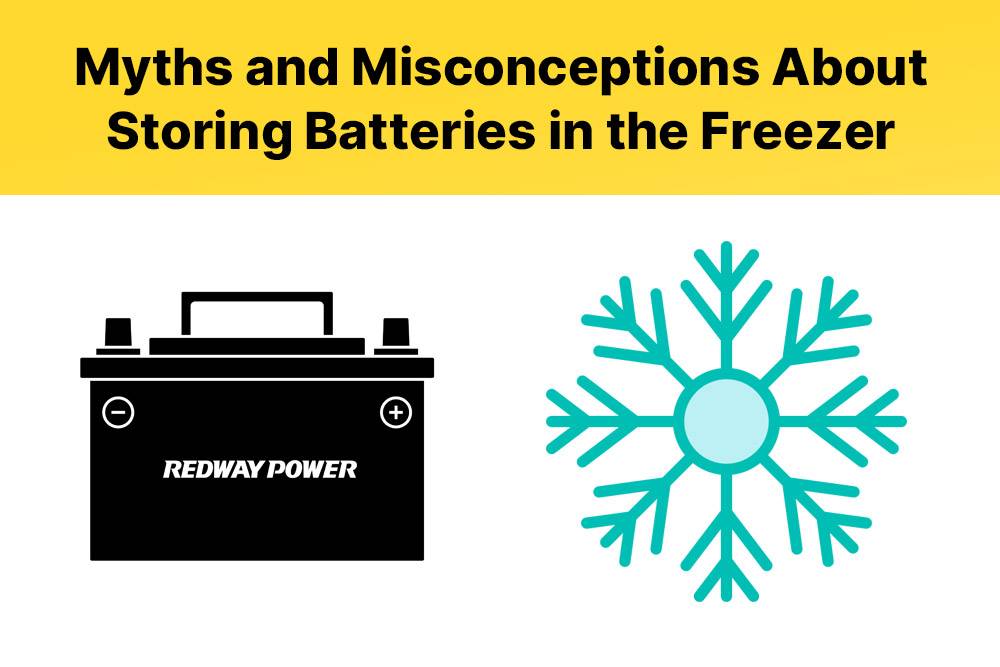
The truth about freezing batteries
Debates about freezing batteries abound, with claims of extended lifespan countered by concerns about harm. Let’s uncover the truth about this practice.
- Limited Impact on Lifespan: Myth: Freezing batteries significantly improves lifespan. Fact: Scientifically, freezing has little to no significant effect; batteries are designed for specific temperature ranges.
- Potential Damage from Extreme Cold: Myth: Freezing enhances battery performance. Fact: Extreme cold can damage internal components, outweighing any potential benefits.
- Moisture and Corrosion Risks: Myth: Freezing prevents corrosion. Fact: Thawing frozen batteries can lead to moisture condensation, risking corrosion in electronic components.
Scientific evidence suggests that freezing batteries is not an effective method for improving lifespan or performance. Optimal storage in cool, dry conditions is recommended for prolonging battery life. Skip the freezer and choose a suitable storage solution for your batteries!
Factors that affect battery lifespan
Battery lifespan hinges on various factors, notably impacted by temperature, usage patterns, battery quality, and maintenance practices. Let’s delve into these influential elements.
- Temperature Extremes:
- Myth: Temperature has no effect on battery lifespan.
- Fact: Extreme heat causes electrolyte evaporation, diminishing capacity and shortening battery life.
- Usage Patterns Matter:
- Myth: Infrequent use has no impact on battery performance.
- Fact: Regular charging and discharging maintain battery capacity; prolonged inactivity may lead to self-discharge and chemical reactions, degrading performance.
- Quality Matters:
- Myth: All batteries are equal in lifespan.
- Fact: Higher-quality batteries outlast cheaper counterparts, offering resistance to leakage and internal damage.
- Maintenance for Longevity:
- Myth: Batteries don’t require maintenance.
- Fact: Proper care, cleanliness, avoiding extreme charging cycles, and appropriate storage enhance battery performance and lifespan.
- Battery Type Specifics:
- Myth: All batteries share the same influencing factors.
- Fact: Different batteries (e.g., lithium-ion, lead-acid) have unique considerations, like avoiding deep discharge for lithium-ion or regular electrolyte level checks for lead-acid.
Understanding these diverse factors empowers users to optimize battery lifespan through informed practices and care. Tailor your approach based on battery type, usage, and environmental conditions for prolonged efficiency.

Proper ways to store batteries
Efficient battery storage is crucial for ensuring optimal performance when you need it. Here are key tips to keep in mind for proper battery storage.
- Cool and Dry Environments:
- Myth: Storage environment doesn’t affect battery life.
- Fact: Excessive heat harms batteries; store them in cool, dry places away from direct sunlight or heat sources.
- Moisture Avoidance:
- Myth: Moisture doesn’t impact batteries.
- Fact: Moisture causes corrosion, damaging battery contacts; store in original packaging or a dry, secure container.
- Temperature Moderation:
- Myth: Extreme temperatures have no effect on batteries.
- Fact: Both freezing and high temperatures can harm batteries; aim for a moderate temperature range for storage.
- Customized Storage for Battery Types:
- Myth: All batteries can be stored the same way.
- Fact: Different batteries have unique storage needs; e.g., rechargeable lithium-ion batteries fare well at around 50% charge for extended storage.
Adhering to proper storage practices tailored to your battery type safeguards their lifespan. Store them wisely, and ensure they’re always ready to power up your devices!
Alternatives to freezing batteries
Curious about alternatives to freezing batteries? Discover effective methods to extend battery lifespan without the risks associated with freezing.
- Room Temperature Storage:
- Myth: Freezing is the best storage solution.
- Fact: Store batteries at room temperature in a dry environment, away from heat and humidity, ensuring optimal performance.
- Dedicated Battery Organizers:
- Myth: Any storage method works for batteries.
- Fact: Invest in organizers or cases designed for batteries, preventing damage and providing an organized solution.
- Embrace Rechargeable Batteries:
- Myth: Disposable batteries are more convenient.
- Fact: Rechargeable options offer comparable performance, saving money and resources; rotate multiple sets for constant availability.
Choose these alternatives over freezing for efficient and reliable batteries when you need them most. Proper storage and usage habits go a long way in maximizing battery life.
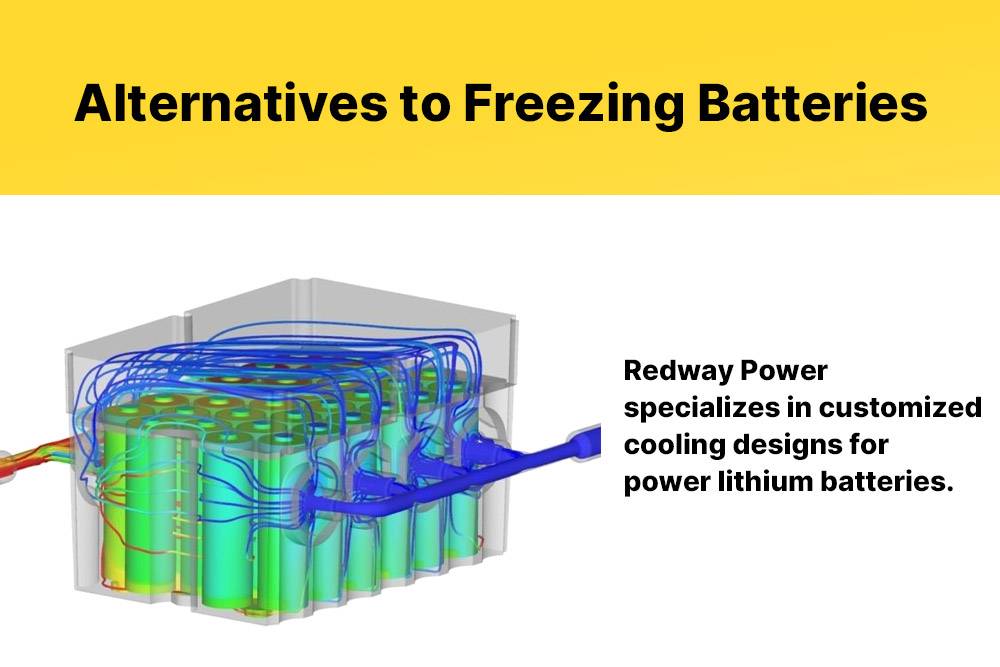
Conclusion and recommendations for battery storage
Contrary to popular belief, freezing batteries does not enhance their lifespan; in fact, it can lead to moisture damage, leaks, or explosions. Optimal battery storage involves practical measures:
- Room Temperature: Keep batteries around 20°C (68°F), avoiding extreme heat or cold.
- Dry Storage: Store in a cool, dry place away from sunlight and humidity to prevent terminal damage.
- Separate Types: Prevent cross-drainage by storing different battery types separately.
- Use Original Packaging: Protect batteries with their original packaging if available.
- Check Expiry Dates: Ensure optimal performance by checking expiration dates.
- Rechargeable Battery Care: Follow manufacturer guidelines for rechargeable batteries to maintain performance.
By adhering to these practices, you ensure optimal battery performance without resorting to freezing, debunking the common misconception. Keep your batteries at room temperature, and they’ll serve you better in the long run!

